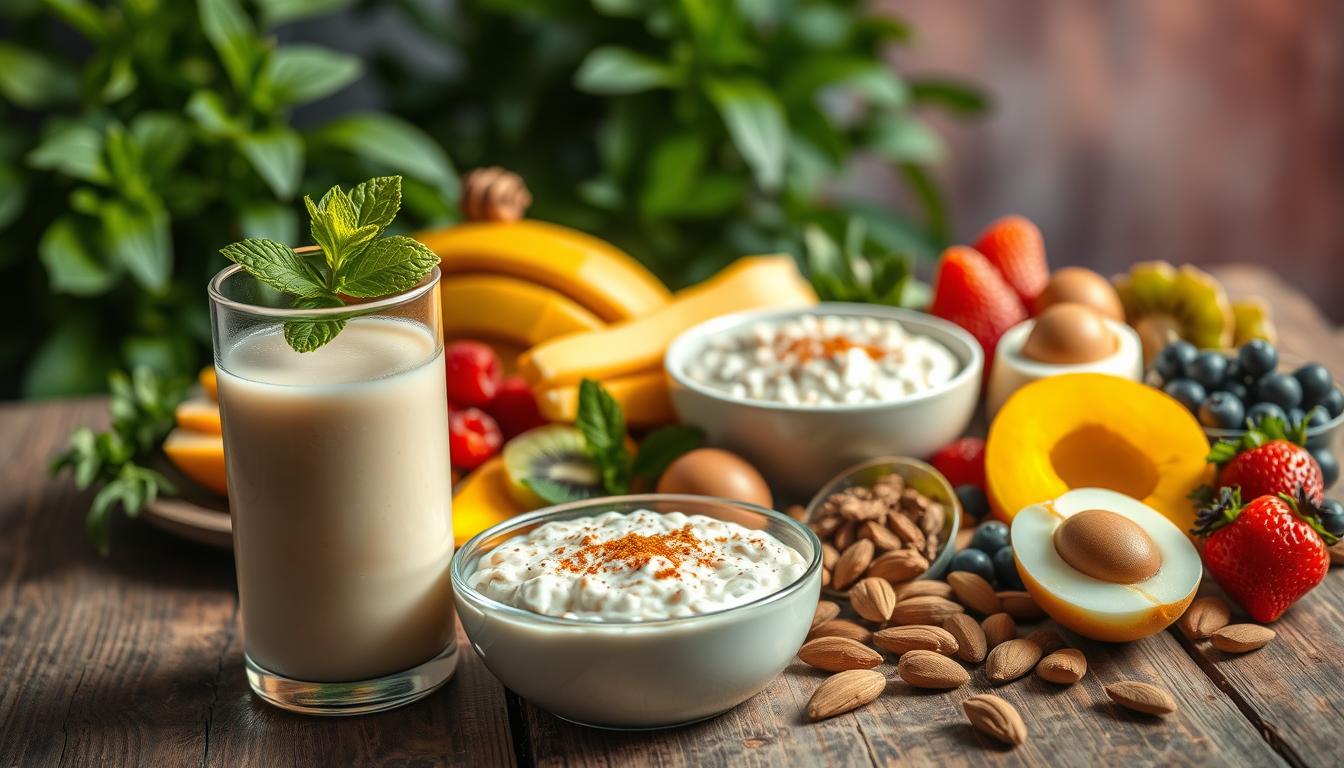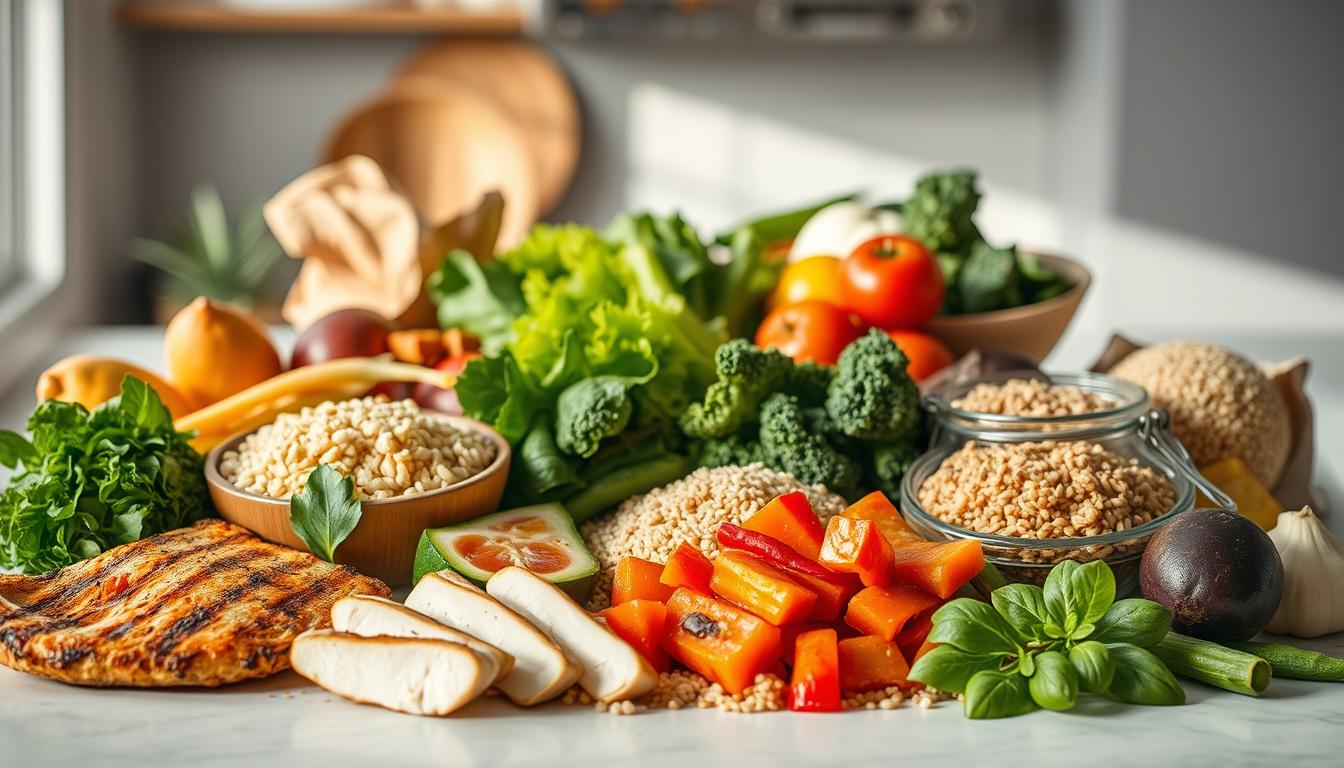After a strenuous workout, your muscles need the right nutrients to recover and grow. Research shows that proper post-workout nutrition can reduce muscle soreness by…
Tag: Post-Workout Nutrition
Optimal Nutrition for Workout Beginners: Eat This, Not That
Did you know that proper nutrition can significantly enhance your workout performance and recovery? For workout beginners, understanding the basics of nutrition is crucial for…

